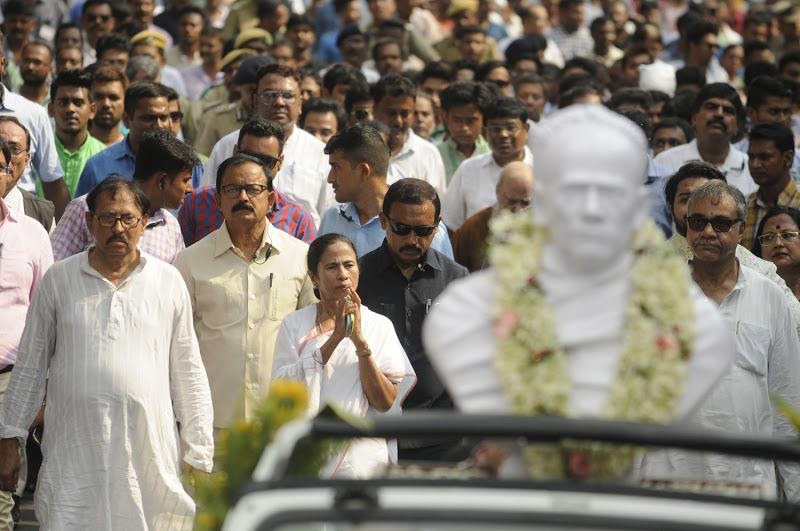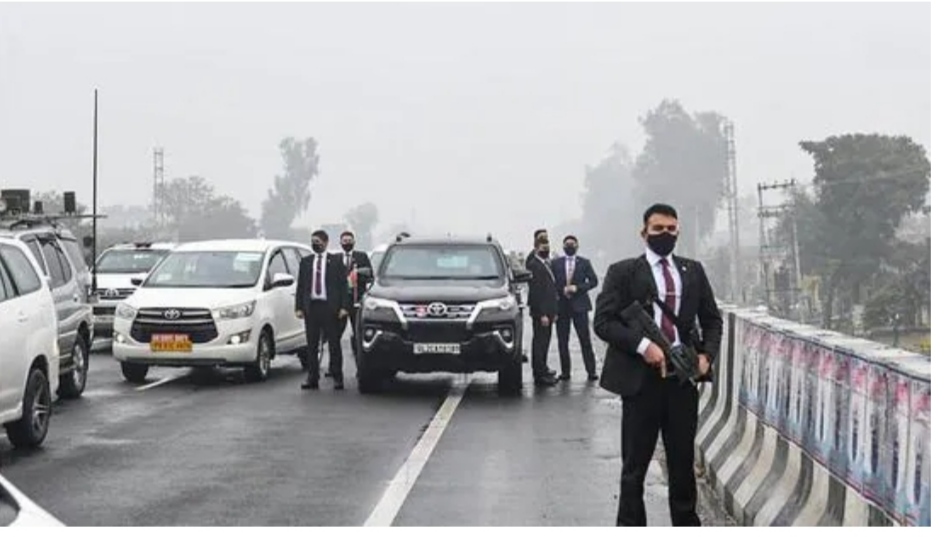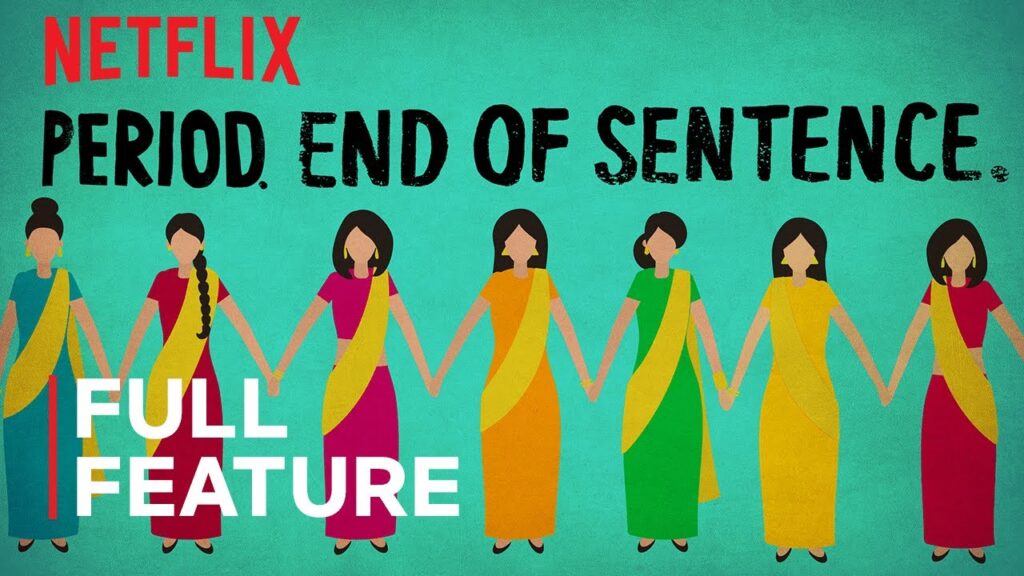
WEST BENGAL ELECTIONS AND THE DEBATE ON ENLIGHTENED LEADERS
Patriotism and regionalism have arisen as the fundamental subjects of Bharatiya Janata Party (BJP) and Trinamool Congress’ (TMC) fight in front of the West Bengal state to get together in a political race one year from now. While BJP is known for utilizing the patriotism way of talking in each and every political race (during both public and state levels), the decision TMC is utilizing is the regionalism card much the same as Janta Dal United (JDU) did in 2014, when Nitish Kumar promoted the political motto of ‘Bihari versus bahari’ (untouchable). While patriotism is a genuinely known thought, regionalism limits it down to goals of political freedom of a specific area. This solid feeling of regionalism is an endeavor to depict the prevalence of the neighborhood (TMC for this situation), while defaming non-local people (BJP) regarding language, culture, and custom. Numerous political observers accept that this ‘patriotism versus regionalism’ story could be a vital one for the 2021 political decision in Bengal. Theory is overflowing over the political eventual fate of various Trinamool Congress pioneers, including MP Satabadi Roy, who in the course of the recent days made her disparities with the get-together open. Various Trinamool Congress pioneers attempted to contact the double cross Birbhum MP. TMC representative Kunal Ghosh who raced to meet Ms. Roy. Later that night, Ms. Roy met Trinamool Congress’ MP Abhishek Banerjee at his office in the city. As indicated by reports, Bharatiya Janata Party’s (BJP) VP Mukul Roy additionally called the MP during the day. Ms. Roy, a famous Bengali film entertainer, said she had not accepted the call mentioned previously. Another Trinamool Congress pioneer and Minister Rajiv Banerjee, who has additionally had conflicts with the gathering, advised sources near him that he would make a significant declaration on Saturday.
Former Indian football chief and the gathering’s MP from Howrah Prasun Banerjee has likewise communicated his disappointment with the gathering. “Never host a get-together in such a circumstance. I don’t have a clue what to do. We can’t work in this situation,” Mr. Banerjee had said. BJP administration had invited all the protester Trinamool Congress pioneers to join the gathering. Trinamool Congress is contending energetically to maintain its home in control and making frantic endeavors to assuage the disappointed pioneers. Various Trinamool Congress heavyweights, including Suvendu Adhikari, had joined BJP a month ago. With the battling picking pace for West Bengal Assembly Election, Trinamool Congress has dispatched its motto for the forthcoming surveys. The trademark, ‘Bangla Nijer Meyekei Chaye’ – signifying ‘Bengal needs its own girl’ is evidently focused on the insider versus outcast discussion and depicts Chief Minister Mamata Banerjee as the little girl of Bengal. With Mamata Banerjee-driven TMC and her authoritatively dispatching its motto with a photograph of TMC supremo, the gathering has begun putting hoardings across Kolkata. The gathering likewise changed its Twitter profile pic with the new motto and the CM’s photograph. West Bengal was ready for a dramatization filled Assembly political decision, of a sort that was seen no other time in the State. Interestingly, after Independence, Bharatiya Janata Party (BJP), came to get an opportunity of coming to control in the State. Public issues are becoming the dominant focal point as much as State and even neighborhood issues, and enormous scope abandonment is being utilized as a political apparatus. The result of what is ending up being a quadrangular challenge, with the primary battle being between Trinamool Congress and BJP, it may change the course of the State’s set of experiences.
Between the Trinamool and the BJP, it is a sink or swim battle. In any case, the test presented by two other political powers contributes an additional component of unconventionality—the Left-Congress consolidate and the recently shaped foundation of Muslim gatherings, including All India Majlis-e-Ittehadul Muslimeen (AIMIM) and the persuasive Bengali priest Abbas Siddiqui’s recently framed gathering, the Indian Secular Front. These powers may not seem to be having any genuine possibility of coming to control. However their quality is sure to impact the result in countless electoral bodies. They may be significant elements to consider in post-political decision improvements. Trinamool’s 2019 constituent misfortune quickened the pace of abandonment to the saffron camp, a pattern that had begun with Mukul Roy. Mukul Roy, when Mamata Banerjee’s nearest assistant and broadly thought to be the second-most remarkable pioneer in Trinamool, joined the BJP in 2017. The consistent disintegration started to take on disturbing extents after the 2019 political decision, finishing in the takeoff of Suvendu Adhikari, a mass chief considered second just to Mamata Banerjee and up to this point a Cabinet Minister. He joined BJP in December 2020. Surrender, indeed, has been probably the greatest purpose of conversation lately. Nonetheless, much as this may seem to debilitate Trinamool, it is still too soon to measure whether BJP can conquer its inborn hierarchical shortcomings in the State by encouraging such rebellions.
Another intriguing scene with regards to the approach to the political decision has been the uncommon encounter between the Center and the State. The political fight between Trinamool and BJP is ending up being, perhaps the most horrible, no nonsense battle at any point seen in the State. Nothing has all the earmarks of being outside the allotted boundaries for the two enemies to use as political handles against one another—from public issues like the ranchers’ dissent in Delhi, the Citizenship (Amendment) Act and the National Register of Citizens (NRC) to proprietorial cases to respected symbols like Rabindranath Tagore and Amartya Sen. Focal and State government plans for the advantage and help of individuals have become the subject of deafening rivalry. BJP has been noisily announcing that individuals of Bengal are being kept the advantages from getting Central plans on account of the unimportant legislative issues of Mamata Banerjee. The State government guarantees that its own plans are more advantageous for individuals and that the cash for the Central Kisan Samman Nidhi ought to be dispensed through the State government. Indeed, even the matter of dispensing COVID-19 antibodies has become a significant policy driven issue between the State and the Central governments. The relations hit a new low when the Union Home Ministry gave a notice for Central assignment to three cops, abrogating the State government’s dissent. The three Indian Police Service officials were responsible for the security of BJP president J.P. Nadda when his guard was assaulted during a visit through the State on December 10.
It is still too soon to tell what direction the breeze will at last blow. Will the alert with which Bengal has consistently treated traditional powers in decisions at long last beat an evident Hindutva-fuelled against incumbency wave? Will the appealing and confrontational Mamata Banerjee with her favorable to individuals plans and effort programs get back to control for the third sequential term? Will the Left-Congress consolidate spring an astonishment with the help of hostile Trinamool and against BJP citizens? However things go, one thing is sure—this will be the political race to watch.
Vasundhara Dhar



